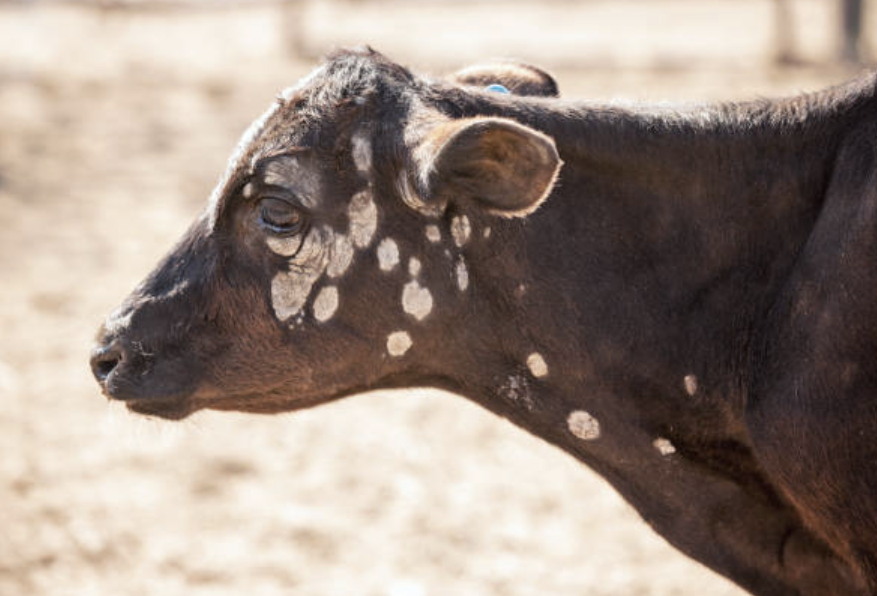Public Health Advisory:
U.S. public health officials are urging veterinarians to remain vigilant against antifungal-resistant ringworm infections caused by a novel fungus that originated in the Indian subcontinent. This fungus now presents a global threat to both humans and animals.
Global Spread of Trichophyton indotineae:
Trichophyton indotineae, a highly infectious and often drug-resistant species, has been reported on six continents, with the first U.S. case emerging in March 2023, according to the Morbidity and Mortality Weekly Report published on May 12, 2023.
Clinical Features:
Infections caused by T. indotineae manifest as extensive inflamed or dry and scaly itchy plaques, known as tinea corporis, cruris, or facia, affecting various body regions including the face and pubic area. The overuse and misuse of topical antifungals and corticosteroids are believed to have exacerbated this epidemic.
Animal Cases:
Dogs and cattle in India and Iran have been diagnosed with T. indotineae infections. Although no animal cases have been reported in the United States, the CDC advises veterinarians to monitor for severe, treatment-resistant ringworm infections in their animal patients.
CDC’s Stance:
“We urge U.S. veterinarians to be aware of potential T. indotineae infections in animals due to its high transmissibility and presence in dogs and cattle,” said Dr. Jeremy Gold, a medical epidemiologist with the CDC’s Mycotic Diseases Branch. While no human-to-animal transmission has been confirmed, the infectious nature of the fungus suggests it cannot be ruled out.
Treatment and Identification:
Itraconazole is generally effective against T. indotineae in humans, though rare itraconazole-resistant cases exist. Traditional culture techniques cannot distinguish T. indotineae from other Trichophyton species, necessitating advanced molecular testing available only at select laboratories.
Knowledge Gaps:
The CDC acknowledges limited data on T. indotineae in animals, leaving uncertainties about its transmission between humans and animals and differences in clinical presentation compared to other dermatophyte-caused ringworm.
Call to Action:
“Veterinarians play a crucial role in public health monitoring. Those encountering potential antimicrobial-resistant ringworm should consult with public health officials or state public health veterinarians for guidance and information,” emphasized Dr. Goldman.
Stay informed and proactive to safeguard against this emerging drug-resistant threat.



